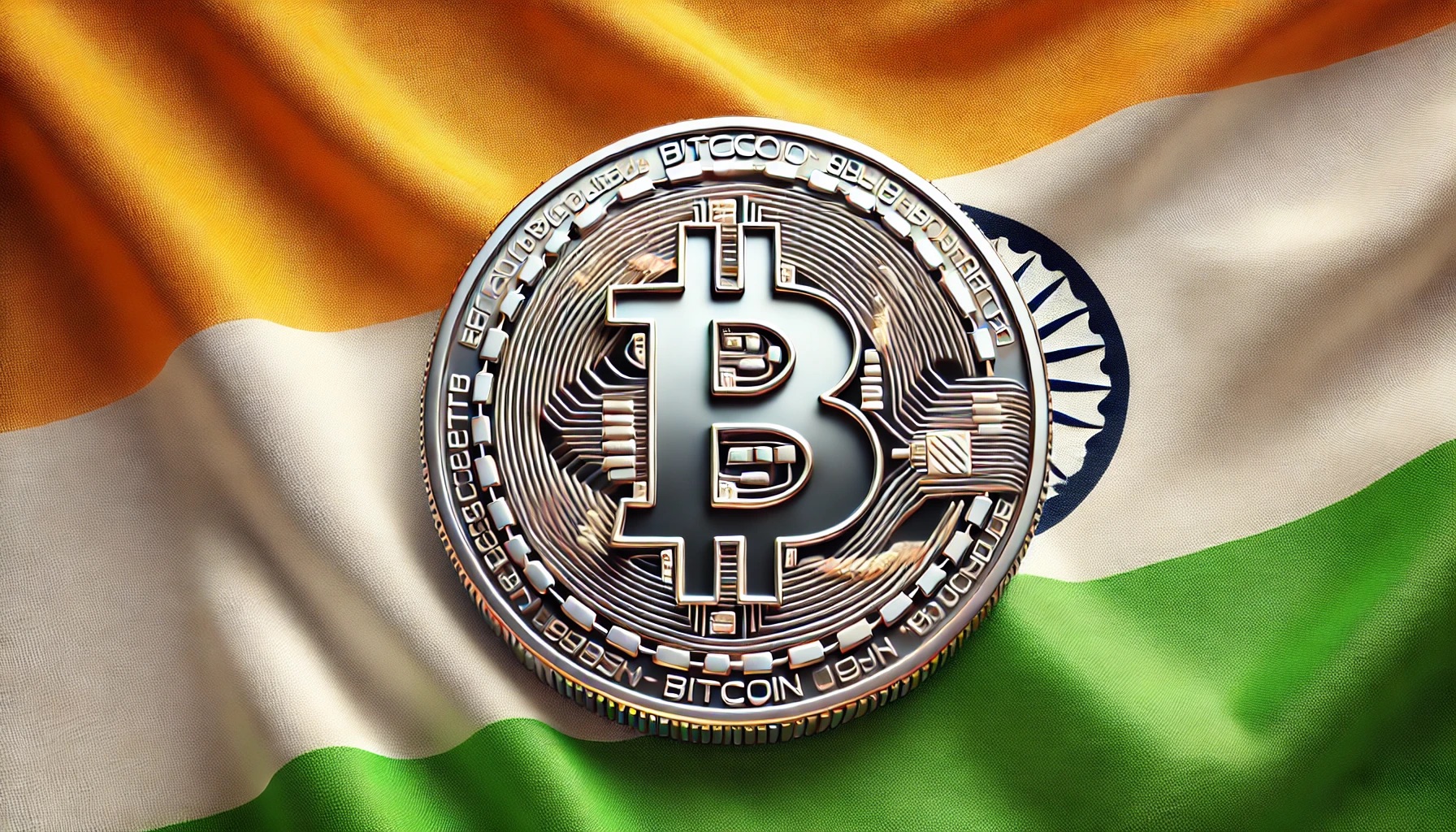
The Indian government has disclosed that it currently has no plans to regulate the buying and selling of cryptocurrencies, even as it intensifies efforts to oversee crypto-related activities such as money laundering and terrorism financing.
During a parliamentary session on August 5, Pankaj Chaudhary, the Minister of State in India’s Ministry of Finance, addressed multiple inquiries regarding the nation’s approach to cryptocurrency regulations. Chaudhary confirmed that the government has not conducted any formal studies or research to gauge the level of cryptocurrency adoption among Indian citizens. He stated, “Crypto assets or Virtual Digital Assets (VDAs) are unregulated in India, and the government does not collect data on these assets.”
Taxation Without Regulation
India has implemented a tax regime for cryptocurrency transactions, which took effect on April 1, 2022. Under this framework, crypto transactions and profits are subject to a 30% tax on unrealized gains and a 1% tax deducted at source (TDS). However, despite the taxation measures, there is no legislative framework in place to regulate the actual trading and ownership of cryptocurrencies.
The minister highlighted India’s proactive measures in combating Anti-Money Laundering (AML) and Countering the Financing of Terrorism (CFT) within the realm of cryptocurrency. Earlier in the year, India took decisive action by banning several offshore crypto exchanges that failed to comply with local regulations, including major platforms like Binance, KuCoin, Bitget, Huobi, OKX, Gate.io, and MEXC.
Global Collaboration on Crypto Regulation
Chaudhary also pointed out that during its 2023 G20 presidency, India advocated for a coordinated international effort to tackle the illicit use of cryptocurrencies. This initiative underscores the global dimension of cryptocurrency regulation and the challenges it presents.
In a related development, Binance faced regulatory hurdles in re-entering the Indian market after settling a $2-million fine for previous non-compliance issues. On August 6, the Directorate General of Goods and Service Tax Intelligence (DGGI), an Indian law enforcement agency, levied a demand for 722 crore Indian rupees (approximately $86 million) in unpaid taxes from Binance. The crypto exchange initially did not respond to email notices sent to its offices in Seychelles, the Cayman Islands, and Switzerland, but later engaged local counsel to address its tax obligations formally.
| Event | Date | Description |
|---|---|---|
| Crypto Tax Implementation | April 2022 | Introduction of a 30% tax on unrealized gains and 1% TDS. |
| Ban on Offshore Exchanges | January 2023 | Several major crypto exchanges banned for non-compliance. |
| Global Regulation Advocacy | 2023 | India pushed for global efforts to regulate crypto during the G20 presidency. |
| Binance Tax Demand | August 2023 | Binance asked to pay $86 million in back taxes by Indian authorities. |
While India continues to tax cryptocurrency transactions, the absence of a regulatory framework specific to the buying and selling of digital assets highlights the government’s cautious approach towards fully integrating crypto into its financial system. This stance may affect the landscape of cryptocurrency operations in India, influencing both local and international investors and users.
Featured image credit: DALL-E by ChatGPT
Follow us for more breaking news on DMR
